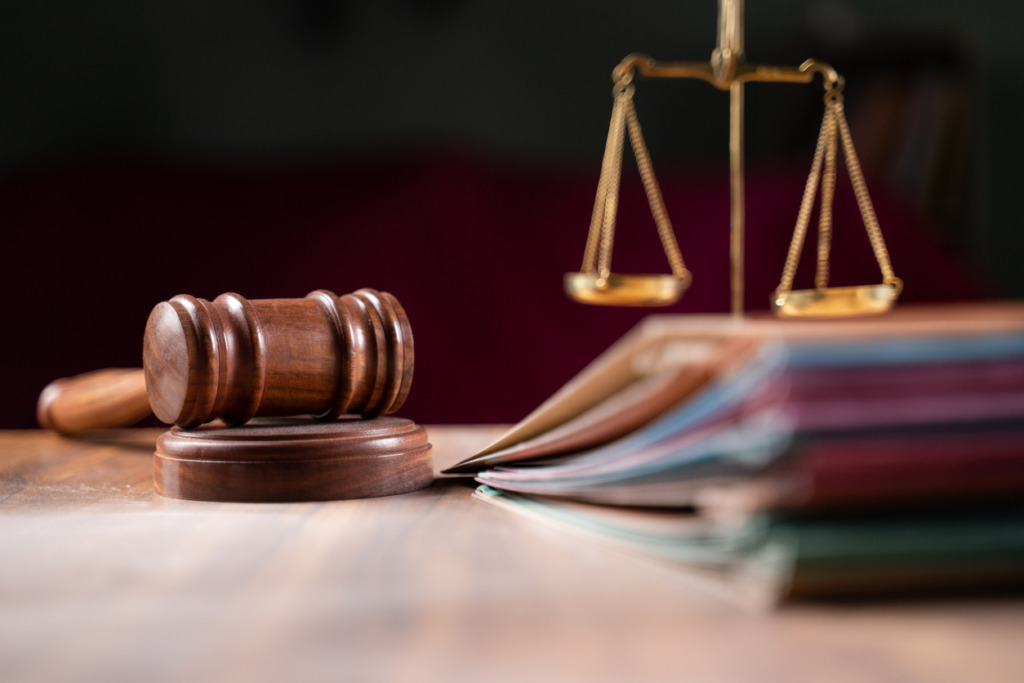As a priest and auxiliary bishop in Washington, I had many occasions to attend the annual celebration of the Red Mass, which in most years takes place on the first Sunday before the first Monday in October — the latter being the day on which the Supreme Court begins its annual term. While the Red Mass dates to the 13th century when it was celebrated in France, it wasn’t celebrated in the United States until 1928 in New York City, and not in Washington until 1939. Annual attendees have included Supreme Court justices, members of Congress, cabinet secretaries and others involved in the legal profession.
Celebration of the Red Mass in the Diocese of Richmond has occurred since 1988. I am honored to have celebrated four of them, including one on Saturday, Oct. 8, at the Cathedral of the Sacred Heart. Because of the attention Supreme Court decisions rendered during its last term, and because the decisions they will make in cases before them might have an even greater impact upon us, it is important that we pray for all levels of our judiciary.
Many of us at one time or another have personally encountered the judicial system, either through jury duty or in being called as a witness. If we haven’t had those experiences, we have reads books and seen movies and TV shows in which the judicial system is a central theme. We know that due process in the legal system is how we often settle disputes, including those that arise in the political realm.
We can be grateful for the legal institutions we have to address and resolve conflict, and to do it in a way that will bear fruit, and which will avoid personal animus. However, given the passion with which people embrace their beliefs and advocate for them, it is important to our country and world that our nation’s judicial system — even if the process is sometimes contentious — brings about reconciliation among two or more sides.
In our celebration of the Red Mass, we asked God to grant those in the legal profession, especially those entrusted with the administration of justice, the grace of the Holy Spirit. With that grace comes the Spirit’s gifts, e.g., wisdom, understanding, counsel and fortitude, as well as the virtues of prudence, justice and temperance.
Discernment and judgement go hand in hand. At his recent weekly general audiences in Rome, Pope Francis has reflected on the elements and practice of spiritual discernment as a part of the synodal process. To discern and then judge well, we must begin with prayer, we must be openly attentive in listening to God and to those whom we encounter. Aware of the mercies we receive from God, we are better able to approach others with mercy, with a willingness to hear and discern the truth, and act with justice. It is then that we are most effective and that our works can be deemed just.
However, there is a caveat. Six years ago, in an interview with Vatican reporter Oonaugh Stransky that resulted in a book titled “The Name of God is Mercy,” Pope Francis said, “Justice on its own is not enough. With mercy and forgiveness, God goes beyond justice, he subsumes it and exceeds it in a higher event in which we experience love, which is at the root of true justice.”
Charity transcends and perfects the virtue of justice. As followers of Christ, mercy and forgiveness must be included in our understanding of and exemplification of justice. As we pray for those who interpret our laws, let us pray that when we ourselves seek justice, we also do so with a spirit of mercy and forgiveness.

